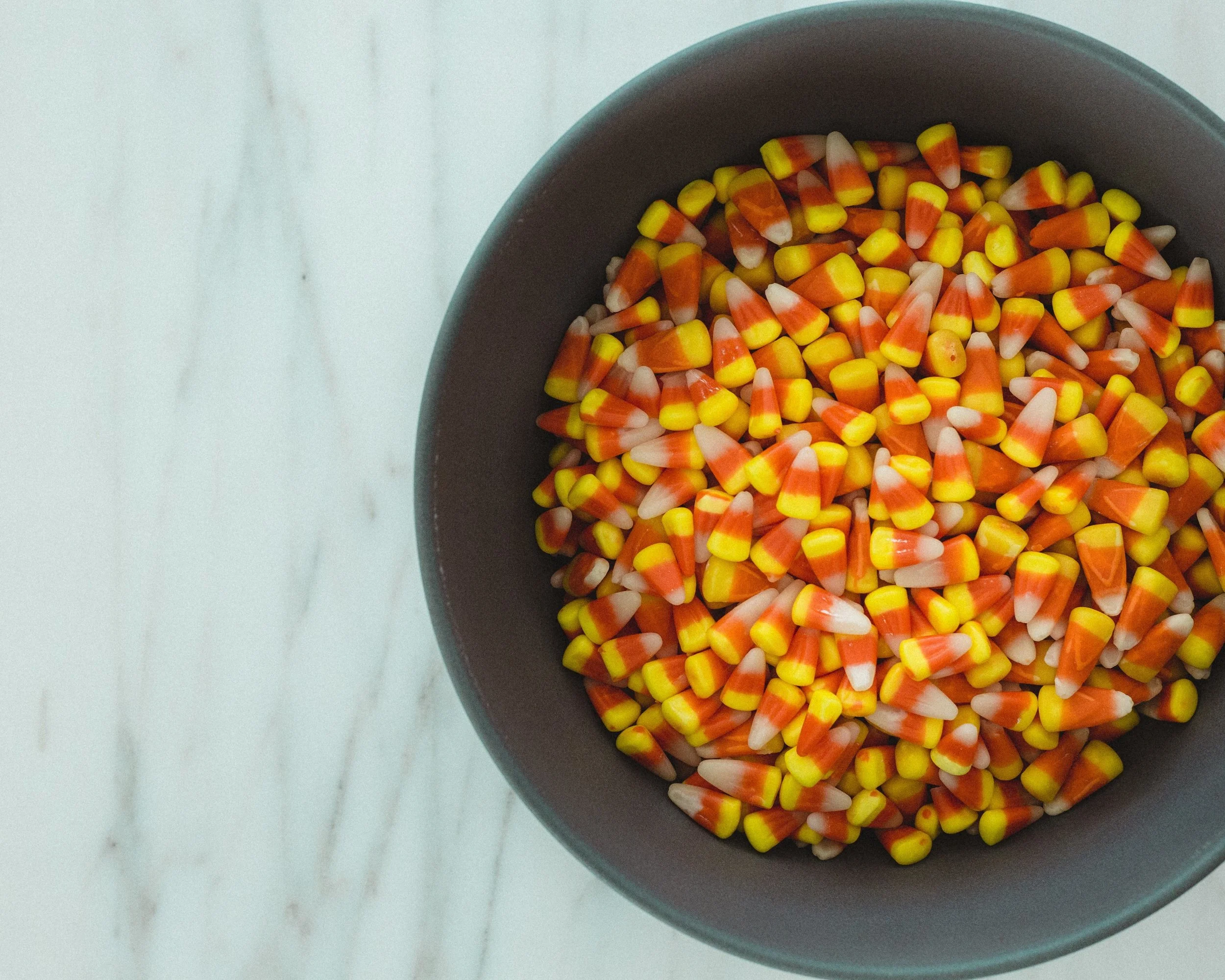If there is one thing to limit or even eliminate in your diet, it is added sugar. No, we aren’t talking about naturally occurring sugars found in things like fruit and dairy products, after all weight gain and metabolic disease caused by fruit consumption is usually not the problem. We are specifically talking about added sugar found in your diet from obvious culprits like soda, cookies and Halloween candy to less obvious things like yogurt and flavored oatmeals.
With Halloween approaching, there's a 100% chance you’re about to come in contact with an abundant amount of candy, if you haven't already. The real question is...just how much candy can I eat and how much will it set me back?
How Much Is Too Much?
While not many of us set our food consumption by the guidelines of the Food and Drug Administration, how much sugar do they and other health organizations recommend as a daily allowance? Keep in mind, the average American is eating around double the recommended limit, around 22 teaspoons of sugar per day.
U.S. Department of Agriculture: “adults should not get any more than 10% of their daily calories from sugar. In a 2,000-calorie diet, that's 200 calories from sugar, or approximately 12 teaspoons.”
The American Heart Association: “recommends women limit sugar consumption to 6 teaspoons (25 grams) per day and men limit to 9 teaspoons (36 grams) per day.”
The World Health Organization (WHO): “recommends getting less than 5 percent of your daily calories from sugar OR about 25 grams.”
Here’s a look at how quickly the grams can add up after a few “fun sized” snacks (yes, the little sized bags!):
Reese’s Peanut Butter Cup - 10.5g
Skittles Fun Size bag - 14.5g
Kit Kat Fun Size - 7g
Snickers Fun Size - 8.5g
Dots - 11g
Another culprit of an insane amount of sugar in your diet could be in your coffee. Next time you say, “well I just had a coffee” make sure you know how many sugary flavor pumps are actually in here.
Effects of Sugar on the Body
While there are entire novels written on the negative side effects of sugar in your diet, here are just some simple reasons to get you motivated to start making a more conscious effort to first, be aware of the amount of sugar you are currently consuming on a day-to-day basis, but then to actually choose to minimize or even eliminate it.
Increased Risk of Disease - There are big studies that show that high sugar consumers are more likely to have heart disease, diabetes, be obese etc. No shocker here!
Increased Fat Storage - Sugar is often labelled as an “empty calorie” because it really provides zero nutrient value per calorie. That means we get no health benefits other than our bodies ability to use it for energy. Consuming the proper amount of energy for the body to use is crucial, however when it comes to sugar we are often ingesting more energy than we are using. This energy then gets stored in the body for later use is also known as FAT.
Mood Killer - Let’s face it, eating a lot of sugar usually makes you feel like garbage or can cause you to crash. Whether you realize the connection or not, the immediate effects of a sugar binge can feel like rapid heart rate, blurred vision and foggy thinking. Large scale studies do show a connection between increased sugar intake and higher prevalence of depression.
Take the Two Week Challenge
Interested in seeing how your body would benefit from eliminating added sugar from your diet? Take the no-sugar two week challenge.
Make a Plan - Look at your calendar and pick a 10-14 day span where you feel you will be most successful. There is likely to always be SOME event, however it may not be a good idea to pick a week that has a major holiday or your birthday/anniversary where temptation might be too great. There is no need to avoid enjoying a slice of birthday cake or anniversary desert. DON’T postponing your start date until after the “holiday season.” This is a great month to start.
Raid your cabinets -- Start by reading food labels on things like bread, granola, yogurt, flavored oatmeal and any other boxed and can items in your pantry. Eliminated any products that have more than 2g of added sugar. Remember that naturally occurring sugars from fruit are fine but a lot of dried fruit options do contain a lot of added sugar.
Strengthen Your Willpower Muscle - You may sometimes feel weak in your ability to turn down sweet treats, however, you’re not! You just have to strengthen your willpower muscle and ability to start saying no. The more you can practice walking past the candy bowl without digging in, the better you’ll get at it. It’s really simple -- start getting comfortable with making a conscious choice to say no. Many people would agree that the longer you go, the less you actually crave it.
Habit Tracking - Make a check-mark or happy face on your calendar or in your agenda for every day of success. This visible cue helps encourage continued progress as the days that pass start to compound.
The good news is although this may seem really hard to do, leaving the candy alone will likely not be the hardest thing you’ve ever done in your life. Commit to making a deliberate change in your diet, which is 100% likely to make you feel better and look better, so much so, you will want to continue doing it.


